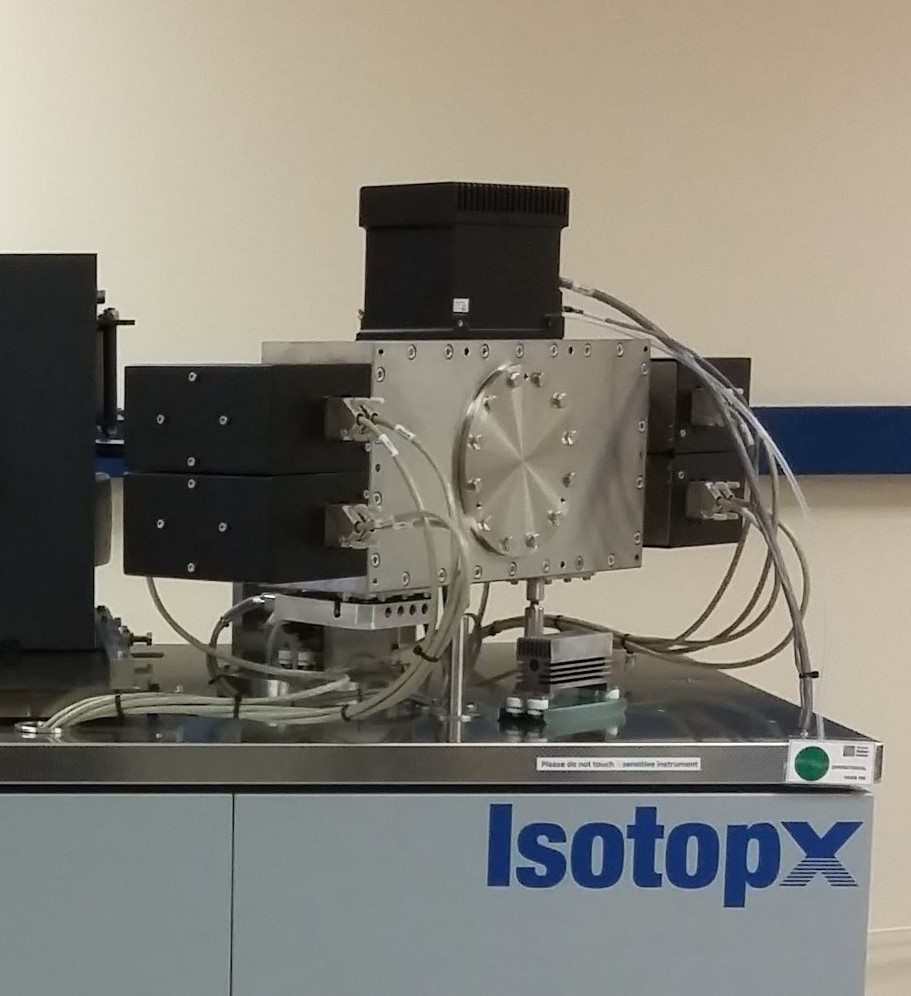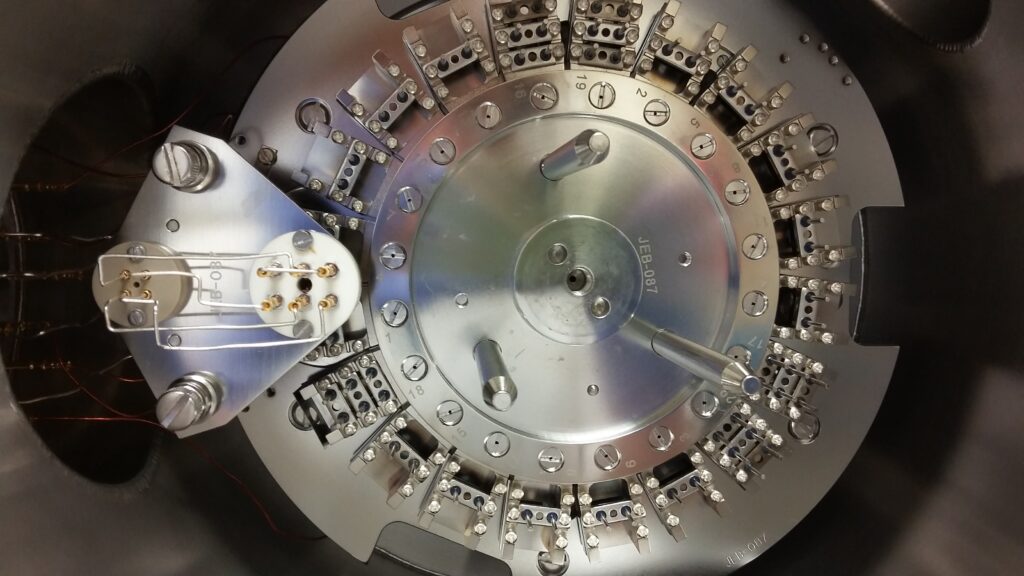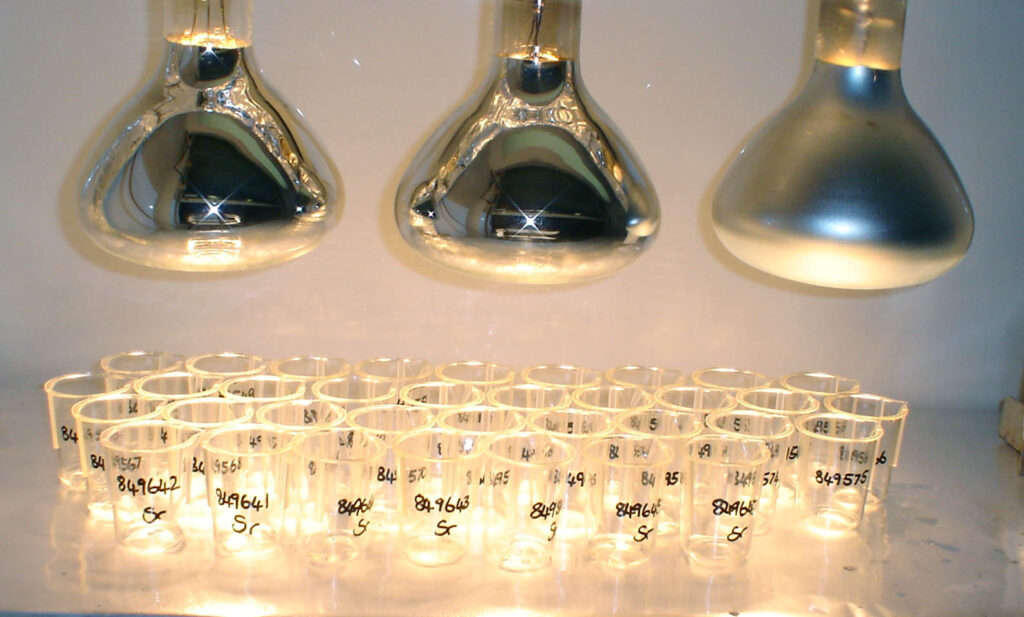Isotopes
Isotopes find uses in many fields and applications. We use an array of techniques such as, Isotope Ratio Mass Spectrometry (IRMS), Thermal Ionisation Mass Spectrometer (TIMS) etc.
The Hutton can carry out a range of high-quality isotope analysis, bulk and compound specific on a range of sample types including rocks, waters, biological samples, soils, foods, gases, chemical products and many more.
Isotopes techniques unveiling hidden truths
Isotopes are a powerful tool for extracting information from a diverse array of samples. The isotopic composition of specific elements within a sample can serve as a unique fingerprint, revealing insights into the processes, conditions, timescales, or locations the sample has undergone.
Our labs are well equipped with a range of isotope analysis instruments including:
Isotope Ratio Mass Spectrometry (IRMS) – which are capable of performing both bulk and compound specific isotope analysis on the lighter isotopes such as Carbon, Nitrogen and Oxygen. We have GC-C-IRMS, EA-IRMS, Gas bench-IRMS and TC/EA-IRMS.
Thermal Ionisation Mass Spectrometer (TIMS) – for measuring heavy isotopes such as Strontium, Neodymium, Samarium and more.
Some of our methods a currently accredited to ISO17025:2017 and we also keen to develop other methods to assist clients with their requirements.
We can carry out a range of high-quality isotope analysis on a range of sample types including rocks, waters, biological samples, soils, foods, gases, chemical products and many more.
Dr. Carol-Ann Craig, Inorganic Isotope Lead
With these instruments and our decades of expertise we are able to provide services for our commercial and academic clients on:
Carbon and Nitrogen isotopes in solids such as biological material, soils and marine sediments.
Carbon isotopes of dissolved inorganic carbon (DIC) in both fresh and saline waters, and Carbon isotopes of dissolved organic carbon (DOC) in fresh waters.
Carbon and Oxygen isotopes of carbon dioxide in gaseous materials.
Oxygen isotopes of waters and organic solids.
Compound specific isotope analysis(Carbon) of phospholipid fatty acids, neutral fatty acids and alkanes.
Strontium 87Sr/86Sr isotope ratios on geological materials including mineral separates, cuttings, whole rocks, residual salts, formation waters and micro-fossils; on all types of waters from natural to produced; and on biological materials.
Samarium and Neodymium isotopes on geological materials including core, side wall core or cuttings samples of sandstone and mudstone facies.



